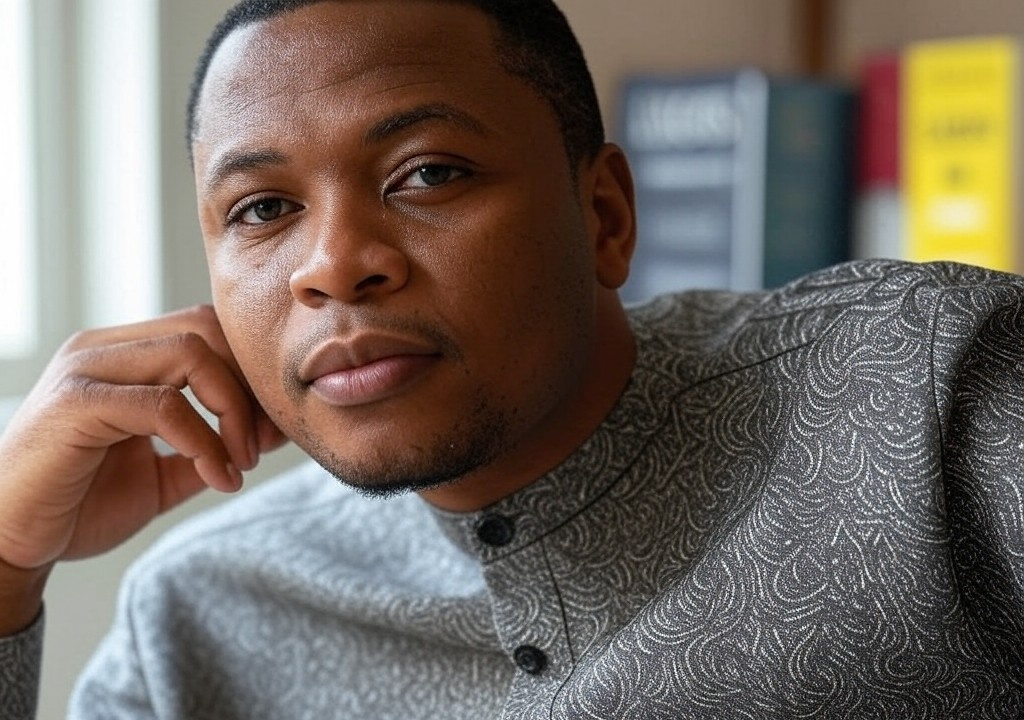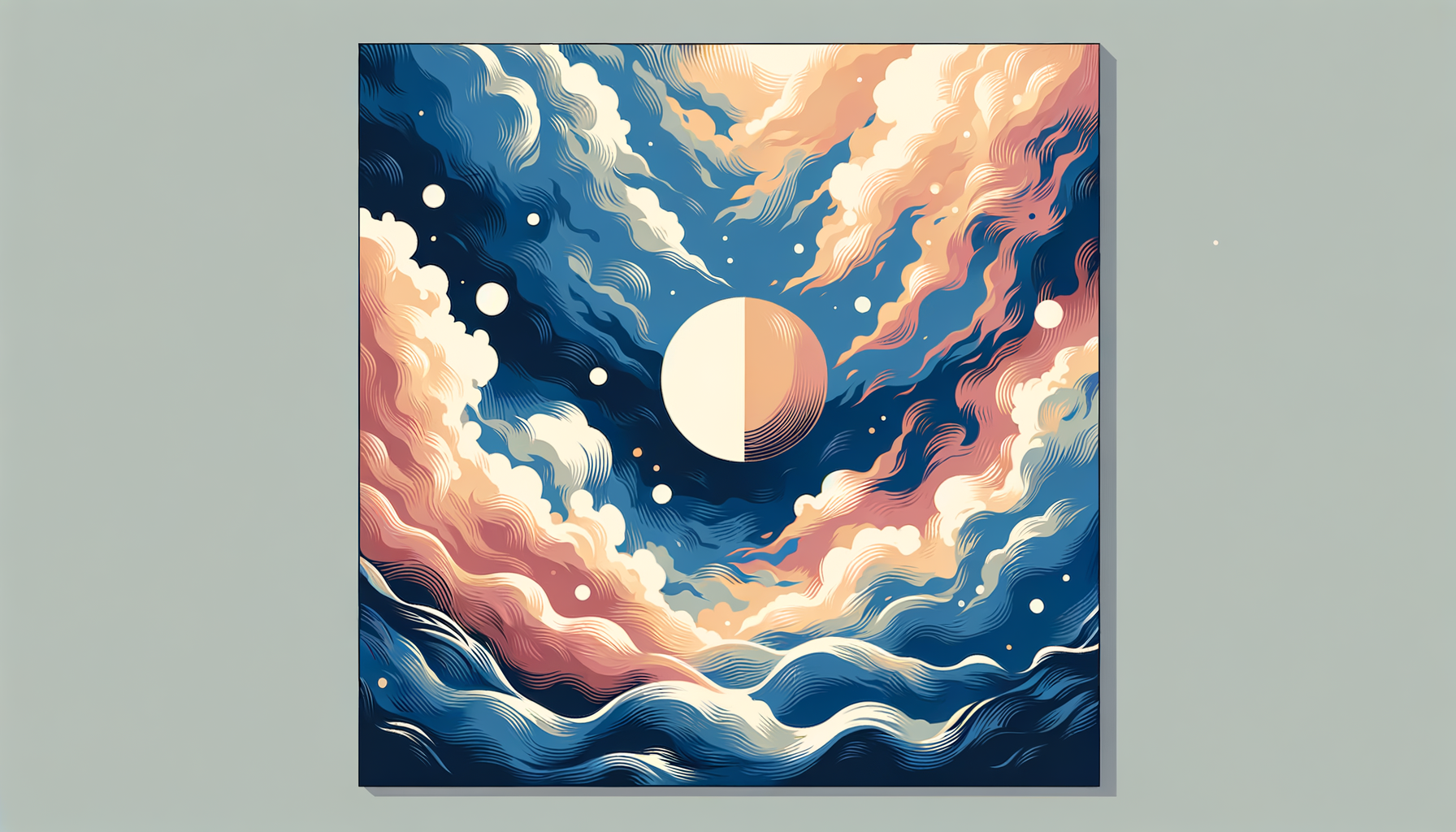The Call That Changed Everything
I remember the day my phone buzzed like it had something extremely important to say. It was mid-December, and I was huddled in my drafty apartment in Brooklyn. If you’ve ever tried to save on heating bills in December, you know the drill: a mountain of blankets, one cup of tea you keep reheating, and the sad realization that winter isn’t going anywhere.
The call didn’t register as life-changing at first. In fact, I almost ignored it. I had been deep in an MFA-related project, attempting to write yet another story that probably no one would read. Writing, at that point, felt like falling into quicksand—you keep moving, but you’re convinced you’re going nowhere. If this scene feels familiar to you—the frustration, the creative self-loathing—then you understand my state of mind when my phone rang. “Unknown Caller,” it warned, like the hero in a thriller who’s about to open a door they definitely shouldn’t.
Uncharacteristically, I picked up.
Sometimes, Opportunity Doesn’t Announce Itself
Now, let it be known that I distrust phone calls from unknown numbers as much as the next millennial. Nine times out of ten, it’s some scammer trying to sell me “extended car insurance” despite my clear lack of a car. But this call was different. A deep voice on the other end introduced himself: my cousin, Kunle, calling from Lagos.
You see, Kunle and I hadn’t spoken in years, though not for lack of love. Life in Lagos was worlds apart from my grind in Brooklyn. But his voice came with a directness that cut straight through my DIY cocoon of misery. “Malik,” he started, “have you thought about writing about love?”
I laughed, probably harder than I should have. “What do you think I’m doing right now?” I replied. Kunle wasn’t amused. “No, I mean our kind of love. African love stories. Flawed men. Brave women. Drama even Nollywood would envy.”
Something about the way he said it struck me like a jazz solo—unexpected but deeply resonant. Kunle was as earnest as I’d ever heard him. And trust me, when West African family members get earnest, you listen.
The Case for Writing What You Know
Kunle gave me a history lesson—not because I needed one, but because some truths hit harder when they come with context. “Malik,” he reminded me, “all over the world, people have written their love stories while erasing ours. Stop letting them define it for us.”
He wasn’t wrong. At the time, I was teaching high school literature in Queens, dissecting Shakespeare, Austen, and Hemmingway. Characters falling in love, sure, but never anyone who looked or spoke remotely like my family. Kunle’s message sank into the creative part of my brain that had been slouching toward despair. It had been easy to make excuses, even easier to convince myself that I had nothing new to say.
What Kunle did—like any great coach or terrible older sibling—was force me to rethink my approach. Before the call, every story I had started felt like it was running a race against commercial trends: what’s marketable? What’s palatable? Can a story about diaspora romance even sell in a world obsessed with supermarket paperback clichés?
But Kunle wasn’t talking about selling anything. He was talking about standing tall in my creativity. About writing something as rooted in truth as it was in jollof rice—familiar, undeniable, and irresistibly ours.
The Ripple Effect of a Single Call
Here’s the thing about a well-timed nudge: it never really stops at the nudge. I hung up the phone that day unsure of what would come next, but I felt lighter. Freer. Like I’d been given permission I didn’t even know I needed. Kunle had asked me to center my work on something both intimate and terrifying: my lived experience. My culture. What it meant to love as a first-generation Nigerian-American raised somewhere between Fela Kuti’s rhythms and Jay-Z’s hustle.
What followed was messy but worth it. I started small, recounting stories I had grown up with—nostalgic weddings in Lagos where aunties filled plates higher than Whole Foods salad bars, and awkward dating moments in Brooklyn that would make Netflix rom-coms blush. My stories became experiments in weaving universal emotions into deeply specific settings.
The results? More failed drafts than I’d care to admit. But also eventual triumphs: essays that landed in anthologies, short stories that resonated with readers, and one fictional couple that became a book I almost didn’t believe I had in me.
Lessons I Learned Along the Way
If you’ve ever had the kind of phone call that flips everything upside down—in the best way—you already know: it’s never just about the call. It’s what comes after. And for me, what came after Kunle's call was the realization that great storytelling, much like great relationships, thrives on authenticity.
Here’s what I learned along the way:
-
Everything Is Material:
Ever endured a cringeworthy first date? Eaten an oversalted holiday meal while everyone argued about politics? Congratulations—you’ve just uncovered the best fodder for compelling stories. Similarly, life’s awkward moments often make the best life lessons. Especially in relationships, leaning into the messier parts can help you connect rather than dodge the truth. -
Representation Matters:
The stories I started writing weren’t groundbreaking because they were new; they mattered because they were real. First kisses always feel monumental, no matter where you’re from. But seeing your specific experience reflected in the story? That’s a kind of magic no blockbuster trend can replicate. And relationships are like that too—better when they’re built on real truth, not pressure to conform. -
Courage Is a Muscle:
Writing openly about my life felt as vulnerable as showing up to a date with a piece of spinach stuck in your teeth. But it taught me something valuable: courage doesn’t show up fully formed. Like love, it grows with time and practice. And if you’re brave enough to invest in it? The results can surprise even you.
Wrapping It Up
I think of that call often—not just because it changed my career, but because it also shifted the way I see connection. There was something almost poetic about it all: my cousin reminding me that the best relationships (and yes, the best stories) start with a willingness to show up—flaws, culture, uncertainty, and all.
Maybe you’ve never had that exact call, but here’s the truth: you don’t have to wait for one to move forward. Whether you’re figuring out how to love, how to create, or how to simply be yourself, know this: the small, genuine gestures—the calls, the nudges, the unexpected conversations—can lead you to places you never predicted.
Now if you’ll excuse me, I need to go text Kunle my latest idea. I think he’s overdue for another phone call.




















